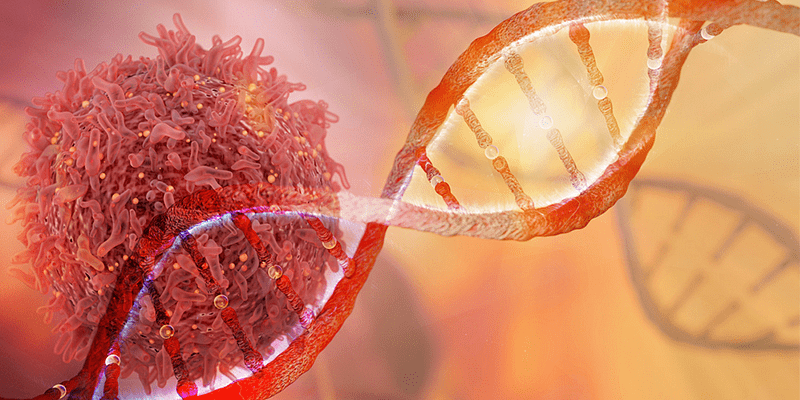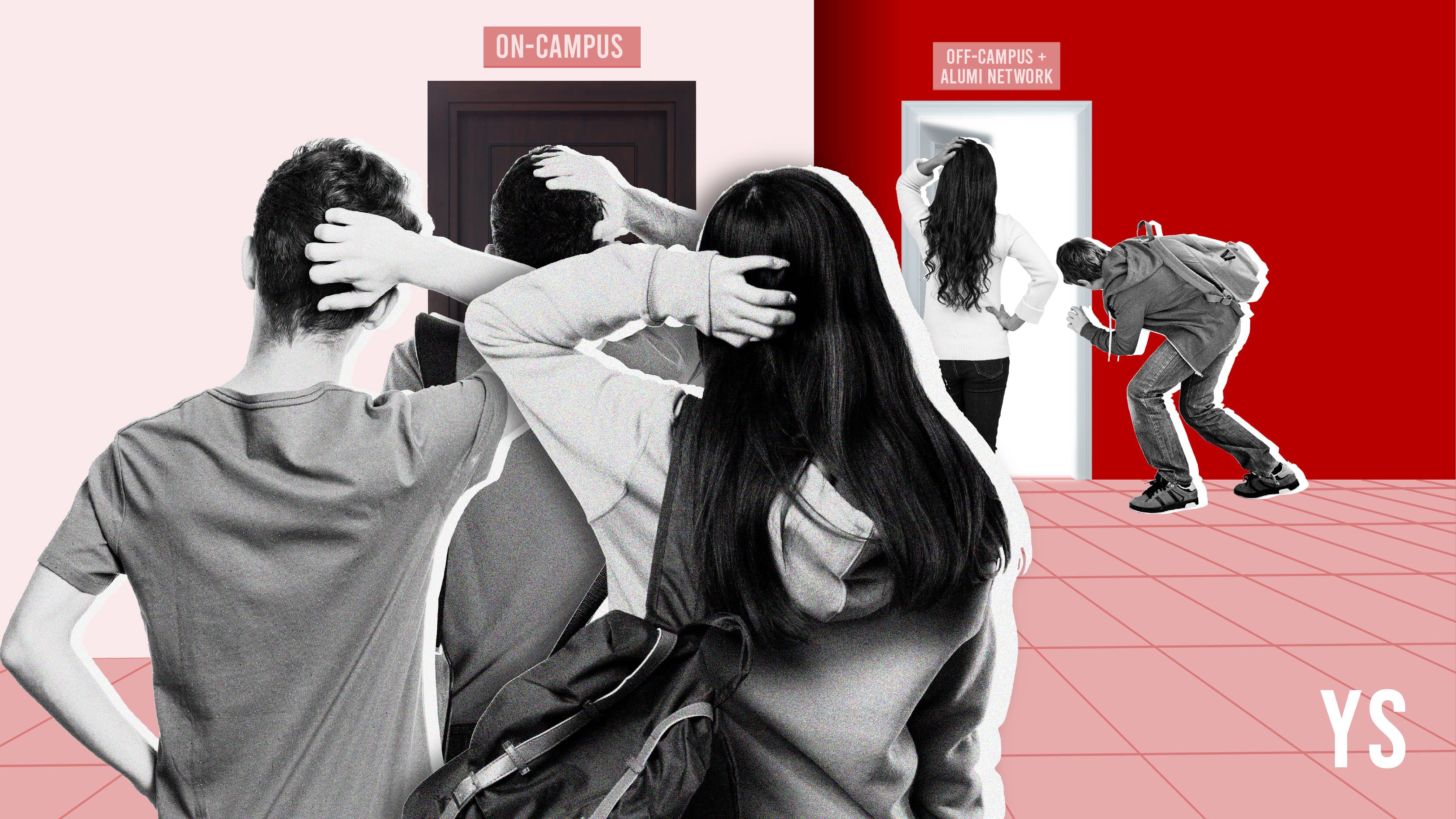Coping with cancer: Family support and self-determination plays a crucial role
While being diagnosed with cancer can be shattering for an individual, here’s what can do to help you cope with the condition better.

The cancer burden in India has increased manifold over the last few years. According to The World Cancer Report, an estimated cancer burden in India in 2018 consisted of 1.16 million new cancer cases, 784,800 cancer deaths, and 2.26 million five-year prevalent cases in India's population of 1.35 billion.
Cancer is the uncontrolled growth of abnormal cells anywhere in a body. That being said, there are over 200 types of cancer across the globe, of which breast cancer, oral cancer, cervical cancer, lung cancer, stomach cancer, and colorectal cancer are commonly witnessed in India.
While being diagnosed with cancer can be shattering for an individual, family support and self-determination can contribute to fight the battle, and help cope with the condition better.
How to cope with a cancer diagnosis?
Learning that an individual has been diagnosed with cancer can be a difficult and an overwhelming experience. The person may be anxious, afraid, or apprehensive, and wondering how they can possibly cope with the condition.
The first important step is to try and obtain as much basic and important information about the cancer diagnosis. An individual can ask the medical professional about the type of cancer, the location of cancer, the spread of it, and the chances of the cancer being cured. It is important to be well informed about the condition as it can help in decision-making.
In some cases, individuals may prefer to learn the basics and leave details and decisions to their medical professionals.
Communicate
The news of cancer may not be acceptable at first. However, it is important to maintain honest and two-way communication with your loved ones, doctors, and others after your cancer diagnosis.
At first, the individual may feel secluded and isolated when their loved ones try to protect them from unwelcoming news, but it is important to communicate honestly and express emotions which can help gain strength from each other.
Anticipate and apprehend the possible physical changes
The best time to anticipate and apprehend the possible changes is after your cancer diagnosis and before you commence with your treatment. Preparing for changes will help you cope better in the future. In such cases, individuals can ask their doctor for the set of do’s and dont’s, and act accordingly.
Additionally, one can also consider the impact of the treatment on daily activities. It is advisable to reach out to the doctor and enquire about how to go about doing the daily chores.
Try and maintain a healthy lifestyle
Opting for a healthy diet that consists of a variety of foods is advisable. Additionally, getting adequate rest and sleep will help manage the stress and fatigue of cancer and its treatment.
To keep oneself active, engage in activities that you enjoy, and exercise regularly as it will help the individual recover better.
Communicate with other people with cancer
At times one may feel that people who haven't experienced a cancer diagnosis are unlikely to understand their emotions and empathise with them. Therefore, talking to people who have been in a similar situation and other cancer survivors can help the individual with insight into what they can expect during the treatment.
Fight stigmas
There are certain stigmas associated with cancer that still exist. Some people may question or wonder if cancer is contagious. In some cases, co-workers may doubt the health condition, and may consider the individual to be unfit for the job. While some may withdraw out of fear of saying the erroneous thing. Therefore, it is important to find a way to deal with others' behaviour towards you.
Additionally, family members should also help the individual fight these stigmas and show more support and love towards them. Remember, support from family and friends can help ease such situations.
Come up with your own coping strategies
Every cancer person's treatment is individualised, and so is their coping strategy. One can practice various relaxation techniques, express and emote honestly with loved ones, counselling sessions, engaging in work and leisure activities as much as possible.
Being diagnosed with cancer can be overwhelming, and is likely to make one feel anxious. At such times, it is important to remember what comforted them through rough times before the diagnosis is likely to alleviate the worries. It is the loved ones, close friends, medical professionals, or a favourite activity that will help individuals ease out the concerns and worries.
Edited by Suman Singh
(Disclaimer: The views and opinions expressed in this article are those of the author and do not necessarily reflect the views of YourStory.)








![[Funding alert] Procurement startup Procol raises $1M from Blume Ventures, Rainmatter Capital](https://images.yourstory.com/cs/2/79900dd0-d913-11e8-a160-45a90309d734/Procol_Team1563342174946.JPG)



